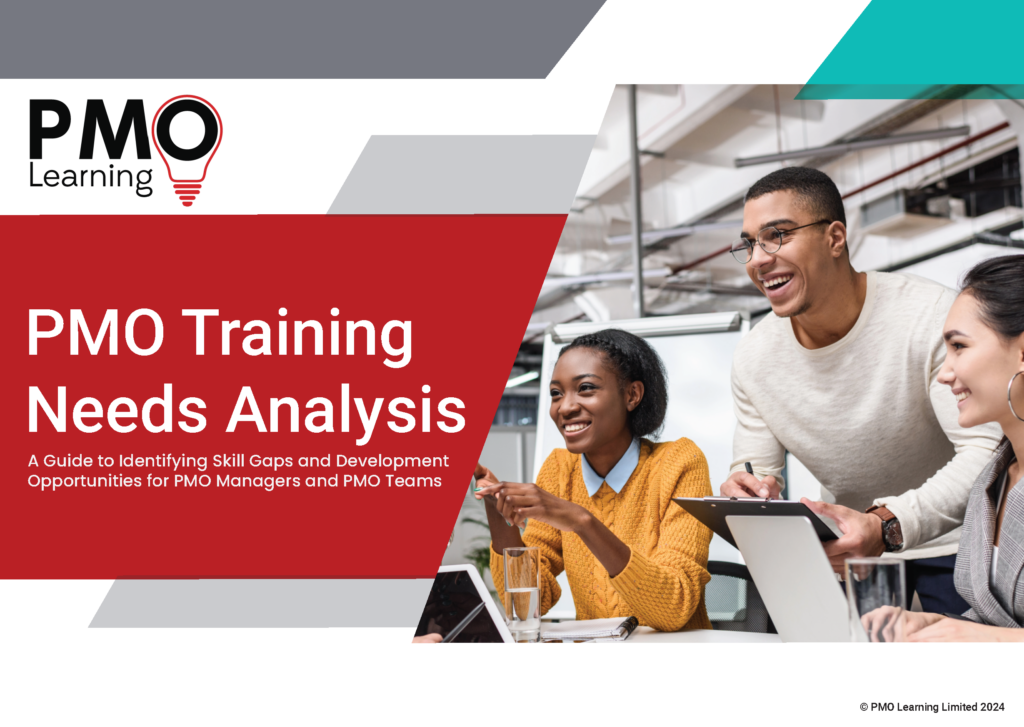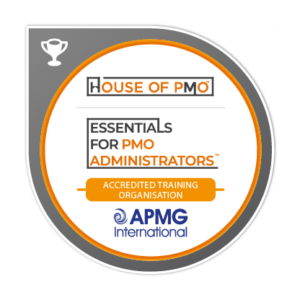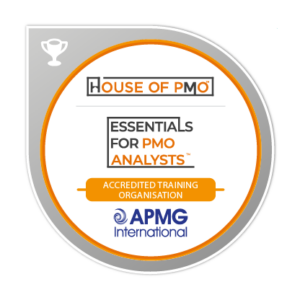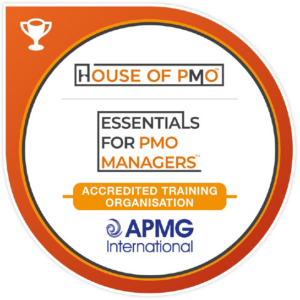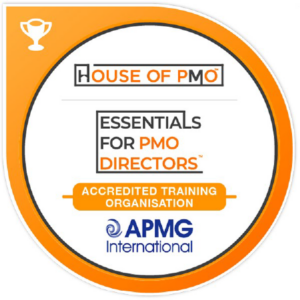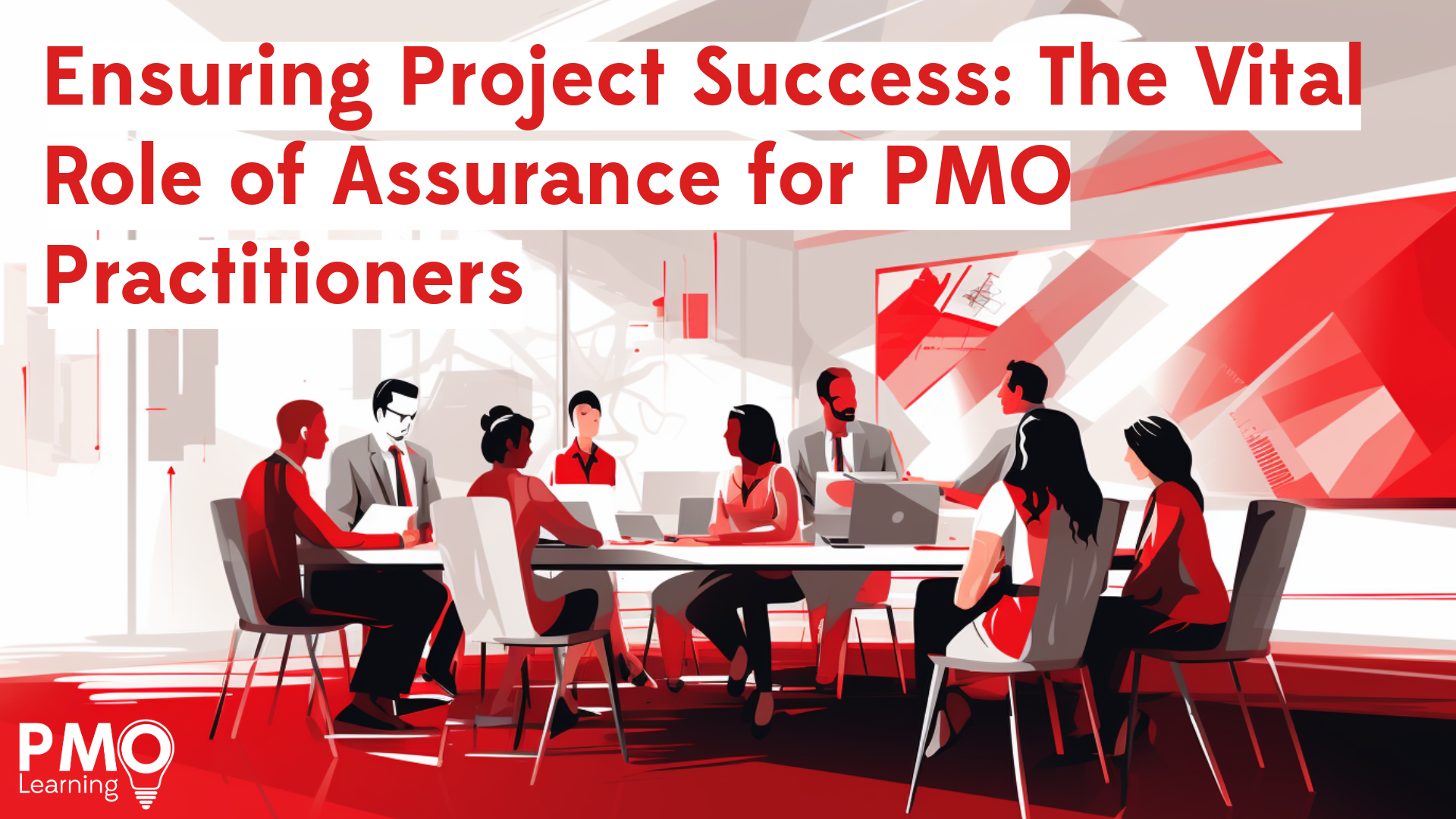
Timely and efficient assurance is now widely recognised as a crucial factor in project success. Conducting appropriate reviews at the right time can steer a project in the right direction or prompt intervention if deviations occur. Assurance extends beyond mere reviews, encompassing all activities within and surrounding a project to guarantee effective risk management and sound decision-making.
Below are the top 5 things we think every PMO Practitioner needs to know about Assurance.
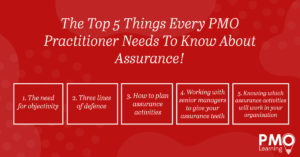
At PMO Learning, we designed the 2-day Assurance for PMO Professionals course to help PMO practitioners gain essential knowledge of assurance in PMO context and learn how to ensure the principles of good assurance are met in all assurance activity, including establishing and maintaining effective independence.
Take a look at what this course delivers for the people that attend it:
- Be able to ensure the principles of good Assurance are met in all Assurance activities.
- Learn how to establish and maintain effective independence.
- Be able to conduct effective project reviews in a consistent way.
- Learn how to flex Assurance approaches dependent on the delivery method.
- Find an approach to consolidating Assurance reporting.
- Be able to advise on the design and implementation of effective project, programme and portfolio (P3) Assurance arrangements.
- Provide Assurance that avoids duplications and omissions and provides confidence to all stakeholders cost-effectively and at the right time.
- And be reliably deployed in any P3 Assurance role within a PMO.
Want to know more about assurance activities?
Click here to read our full blog on what PMO practitioners need to know about assurance activities.
Want to find out more about the Assurance for PMO Professionals course? Watch our taster session recording below.
In this recording, Eileen discusses the course in detail, particularly focusing on its relevance at the program and portfolio levels. The course covers various aspects, including the assurance activities at different levels, and the integration of assurance with governance and risk management. Eileen also emphasises the importance of understanding the principles underpinning integrated assurance, such as independence, accountability, planning, proportionality, risk-based approach, and the need for organisational responses to assurance findings.
The course includes practical exercises, a case study, and discussions on tailoring assurance plans for specific projects or programs. The option for a third day is offered for in-house clients with the course instructor, Roy, to address specific organisational needs. The course also provides links to frameworks and resources for further reference.
Ready to join us in the virtual classroom? Click here to book your place on our next course date.
Fill out the following contact form and our training specialist will be in touch to discuss your training needs.




